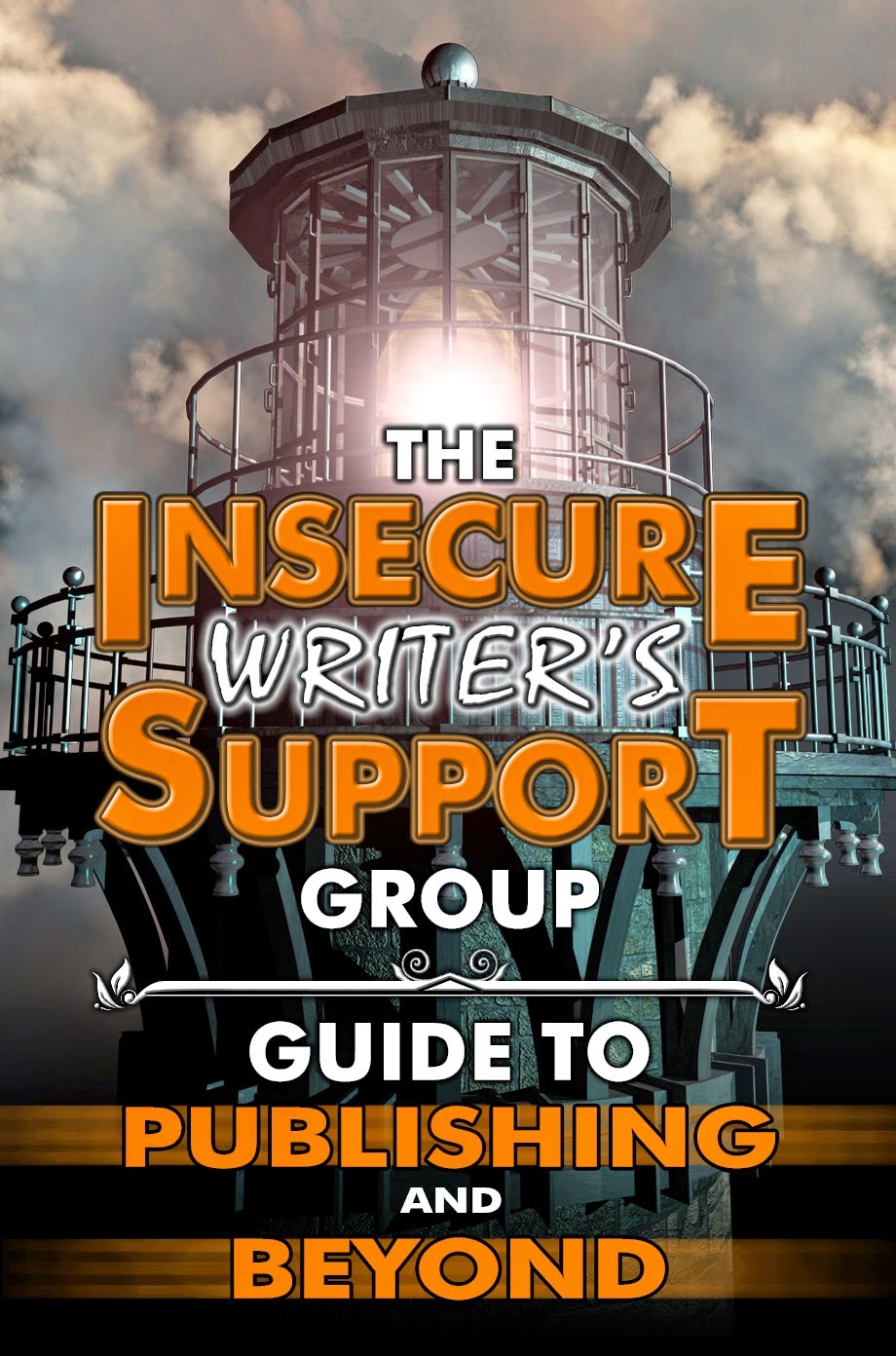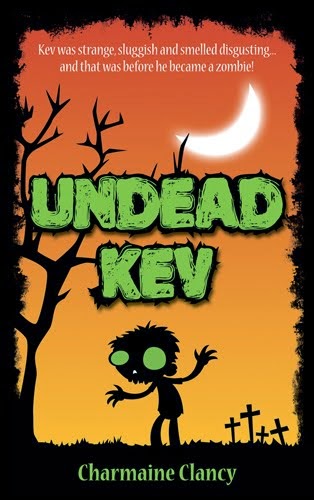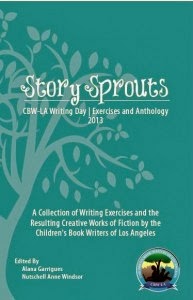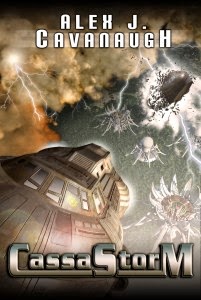A short series looking at how to
approach revisions. Part 2: Pinocchio Needs A Soul.
Your characters, particularly
your MC, are the most important aspect of your story. If people don’t engage
with them, they aren’t going to finish reading the book.
You don’t want to wait until you’re
polishing the final draft to sort this out. You want to do it as
early in the process as possible. Once readers are hooked into the characters,
you have a solid foundation to build on.
That doesn’t mean your
characters should jump through windows and have kung-fu fights (even though it
might add a fresh twist to the Regency romance you’ve been working on).
What it does mean is your
characters need to be more than puppets being moved from scene to scene.



































































































